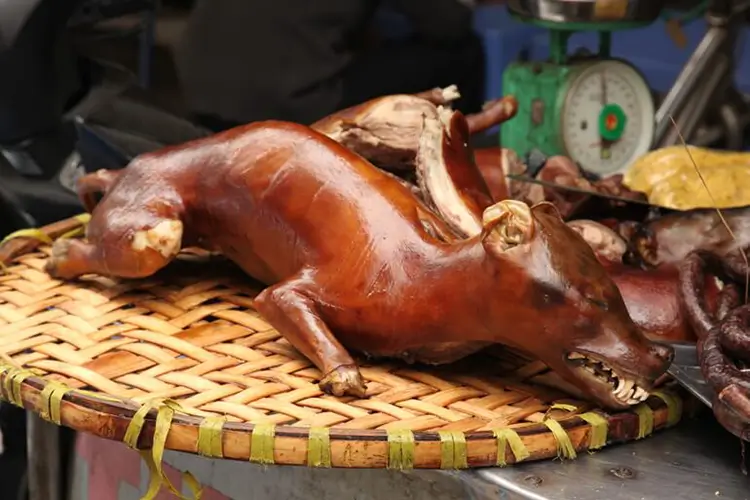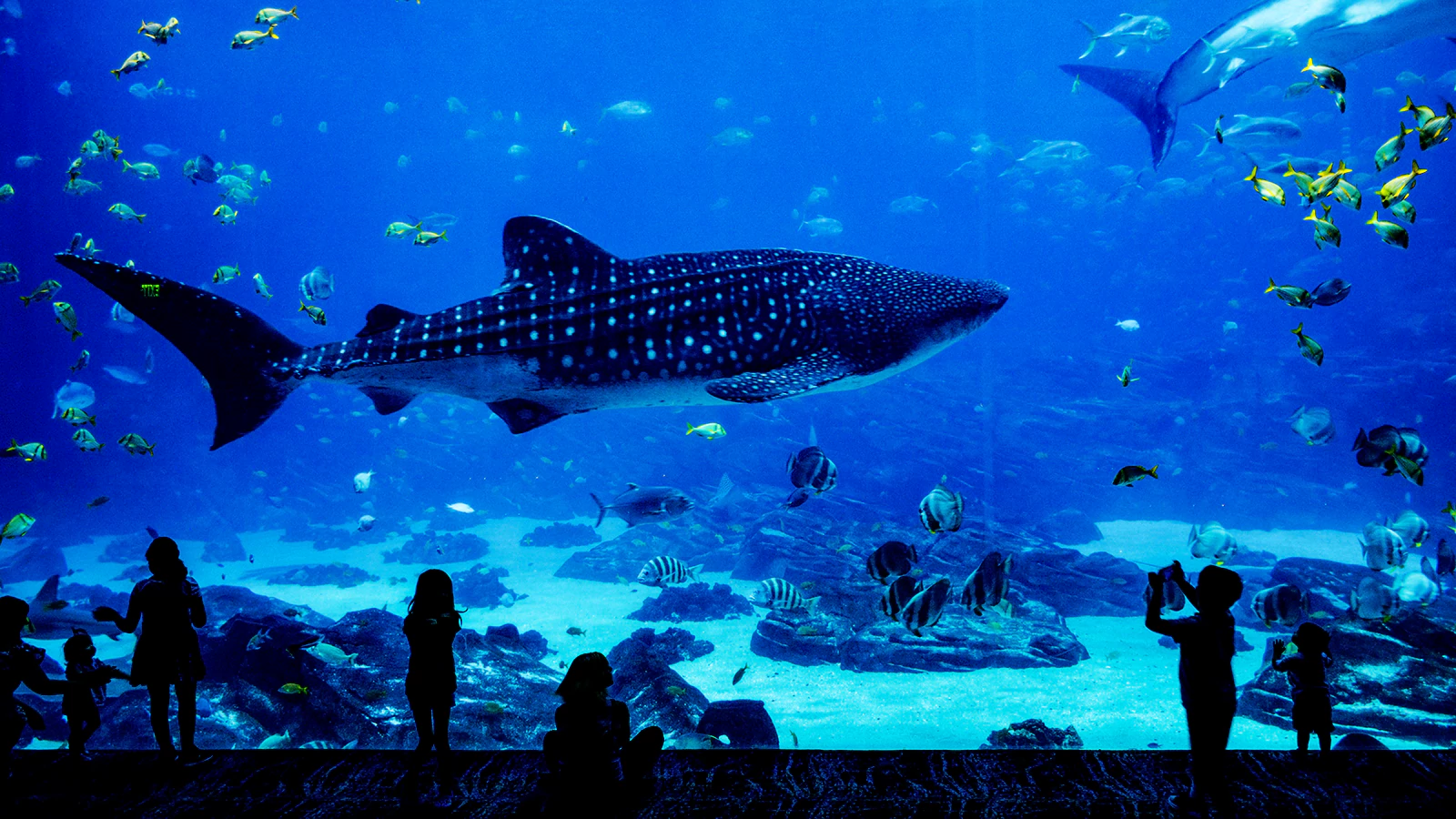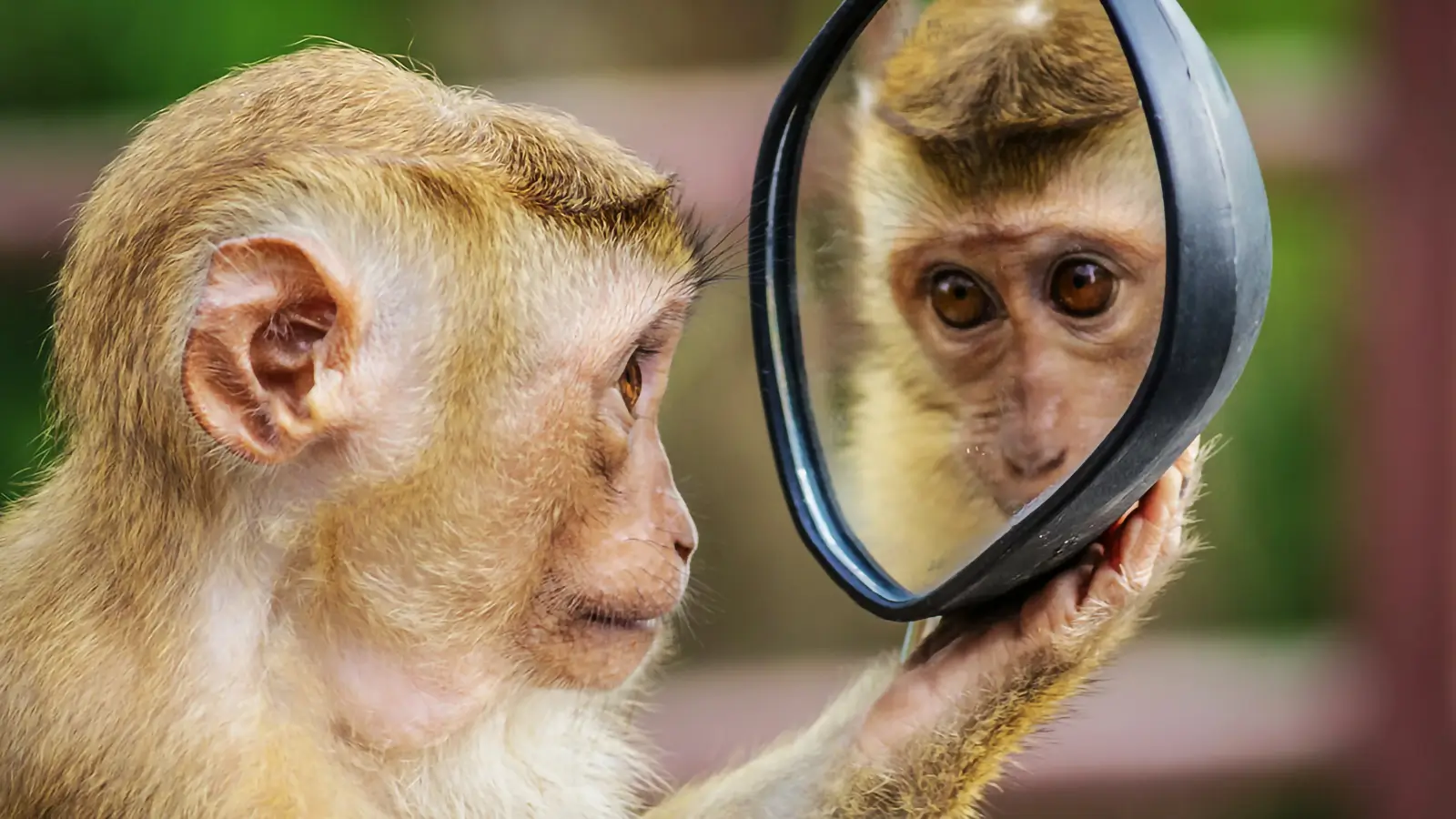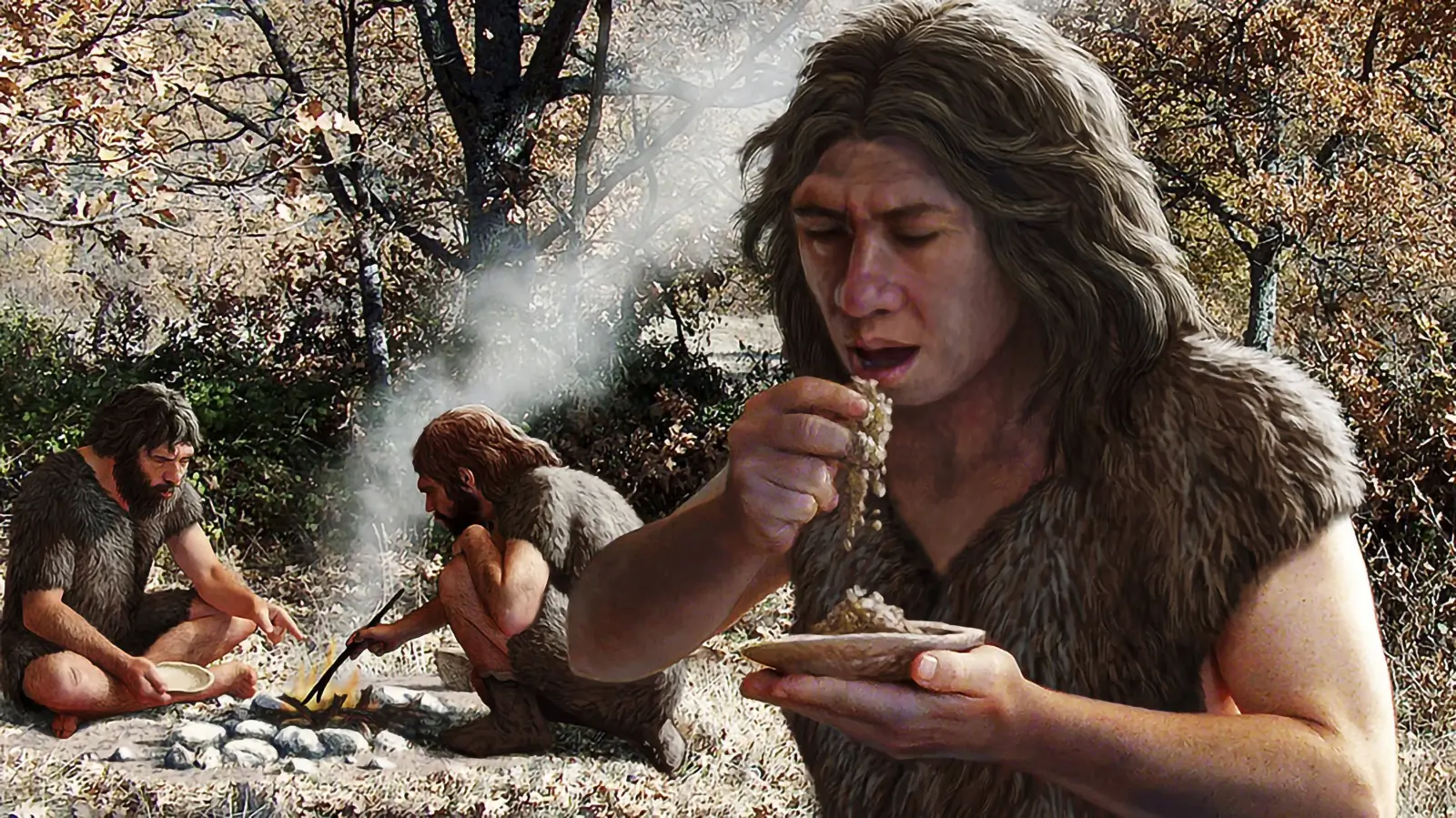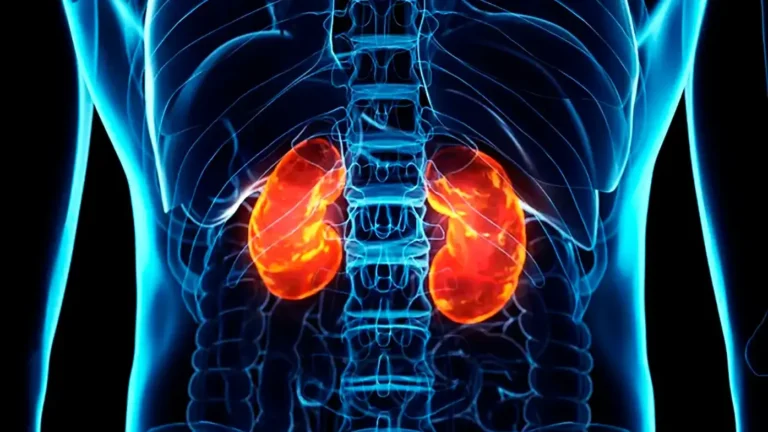Carnisme- La Psychologie de la Consommation de Viande
La consommation de viande ou le carnisme est la culture qui s'apprend. Les carnivores mangeraient n'importe quelle viande, quelle qu'elle soit. Nous ne mangerions que quelques animaux que nous considérons comme de la nourriture.
Milos Pokimica
Écrit par : Milos Pokimica
Examiné Médicalement Par : Dr. Xiùying Wáng, M.D.
Mis à jour le 7 mai 2023Le carnisme est un mot que Melanie Joy, Ph.D. utilisé pour définir le système de valeurs et les normes qui définissent la culture dominante de la consommation de viande. La consommation de viande ou le carnisme est la culture qui s'apprend.
Les vrais carnivores mangeraient n'importe quelle viande, quelle qu'elle soit. Dans notre système, nous ne mangerions que quelques animaux que nous considérons comme de la nourriture. Par exemple, mangeriez-vous votre chien? L'intelligence moyenne du cochon est celle d'un enfant de 3 ans, et le cochon est plus intelligent que le chien. Le porc est un animal très intelligent. Pensons-nous que la viande de chien n'a pas bon goût? En Chine, par exemple, on mange du chien.
So why don’t we eat them? Why not human meat? Do we think that human meat does not have good taste? In the words of Alexander Pearce, an Irish convict notorious for cannibalizing his fellow prison escapees:
“Man’s flesh is delicious, it tastes far better than fish or pork.”
Sinon, que diriez-vous de ceci:
“It was like good, fully developed veal, not young, but not yet beef. It was very definitely like that, and it was not like any other meat I had ever tasted… It was mild, good meat with no other sharply defined or highly characteristic taste such as for instance, goat, high game, and pork have.”
– William Seabrook, an explorer who ate a human rump steak on a trip to West Africa.
In more recent times science presenter Greg Foot was trying to get to the secret of what human flesh tastes like in an experiment with BritLab for the BBC. Unfortunately, it is illegal to eat our own flesh. Having the understanding that it is illegal the entire end goal was to experience some resemblance of the taste. They performed a biopsy of Greg’s leg muscle and settled for the aroma of his cooked flesh. The aroma of the flesh can account for up to 80 percent of our sensation of taste. They put the cooked human meat in an aroma analyzing machine and did the smell test. In Greg’s words, his leg muscle smelled like beef stew. Analysis of the leg muscle showed that it is very similar in composition to both chicken and beef. It is about half of the muscle we found in chicken breast and has similar muscle fiber we found in cuts of beef. In the end, they created a ground meat mixture of different animal meets to recreate the fibers they found in the biopsy of his leg and made a fake human burger.
Le cannibalisme est largement documenté dans le monde entier, du bassin amazonien au Congo, en passant par les îles Fidji et les Maoris de Nouvelle-Zélande. Il ne s'agit pas d'une invention moderne et, dans certaines cultures, il est normal. Il existe également un cannibalisme rituel cérémoniel. Dans le monde moderne, il était encore pratiqué en Papouasie-Nouvelle-Guinée en 2018 dans le cadre de rituels cérémoniels et de cérémonies de guerre au sein de diverses tribus mélanésiennes. On pense que les Néandertaliens ont pratiqué le cannibalisme. Les humains anatomiquement modernes pourraient également avoir mangé des Néandertaliens.
On smaller farms, slaughter is always done with bare hands without anesthesia. Same with any other animal. Male chicks do not lay eggs and don’t grow quickly enough so after hatching they are selected and put into a grinding machine while still alive. Females are sent to a hot blade to remove part of the chick’s beaks. After debeaking, birds are put into cages where they are going to spend the rest of their lives confined in tiny spaces. Because of selective breeding, they grew to be so large so quickly that many suffer crippling leg disorders and chronic joint pain. At the slaughter, plant birds are snapped upside down into moving shackles by their legs and then pulled across a blade which slices their throats.
La vérité est que nous ne nous soucions pas vraiment ou ne le ferions jamais. Les humains ont une empathie sélective. Nous pouvons nous sentir mal pour les chiens mais pas pour les cochons.

Le Dr Melanie Joy appelle cela un vide dans notre conscience, le bloc de conscience. Une forme de déni ou de mécanisme d'autodéfense.
Elle parle de trois fins de justification. Manger de la viande est sain, normal et nécessaire.
Cependant, ce que nous considérons comme normal n'est que la structure sociale de la culture dominante. Pendant la majeure partie de l'existence humaine, l'esclavage était normal, naturel et nécessaire. Même dans l'Europe chrétienne du Moyen Âge, avec l'inquisition, l'esclavage était normal et naturel. La traite des esclaves était même nécessaire à l'économie des territoires nouvellement acquis dans le nouveau monde. Il n'y a que des "sauvages" qui courent nus. Pendant la plus grande partie de l'histoire de l'humanité, courir nu était naturel. C'est ce qu'on appelle la conscience sélective.
L'habillement est également une invention moderne. Ce qui est naturel représente également l'interprétation culturelle dominante de l'histoire. Le meurtre, le viol, l'infanticide, l'avortement et le sacrifice d'enfants étaient tout à fait naturels pendant la majeure partie de l'histoire de l'humanité.
Les schémas de comportement sont généralement les mêmes et ne changent pas. Seule la conscience sélective change pour justifier le comportement.
Enfin, au cas où vous auriez l'idée de sauver des porcelets, sachez qu'aujourd'hui, il ne s'agit pas seulement d'entrer par effraction et de voler. En 2008, le FBI a écrit: "Ensemble, les écoterroristes et les extrémistes des droits des animaux constituent l'une des plus sérieuses menaces de terrorisme intérieur aux États-Unis aujourd'hui". Les États-Unis sont tellement préoccupés par l'extrémisme des droits des animaux qu'ils disposent d'une législation spécifique: L'Animal Enterprise Terrorism Act (AETA). Aucun autre acte terroriste ne cible une idéologie spécifique.
De nombreux membres de la communauté végane estiment que le traitement des animaux est une question de justice sociale. C'est exactement ce qu'enseigne, par exemple, le Dr Melanie Joy dans ses conférences. Le problème est que la justice dépend de notre perception des normes. Plus nous apprendrons, plus nous comprendrons la nature de l'existence humaine. Et il n'y a rien de mal à cela. L'existentialisme est la force qui anime tous les animaux et l'évolution. L'auto-préservation, l'intérêt personnel, quoi qu'il arrive.
Ce que certaines personnes issues des communautés végétaliennes ne comprennent pas, c'est que la conscience sélective n'est pas seulement un mécanisme de défense. Il s'agit d'un instinct de conservation subconscient et évolutif.
La seule raison pour laquelle, par exemple, nous ne mangeons pas les chiens n'est pas que nous avons appris culturellement à ne pas le faire, mais parce que nous avions davantage besoin d'eux vivants. Il s'agit là encore d'intérêt personnel. Nous avons utilisé les chiens pour chasser afin d'attraper d'autres animaux, et nous les avons utilisés comme une sorte de système d'alarme primitif. Ils aboient lorsqu'un ours, un loup, un autre humain ou Neandertal pénètre sur notre territoire, car les loups sont des animaux territoriaux et les chiens font désormais partie de la meute humaine.
Si nous avons tendance à ne pas manger les chats, ce n'est pas parce que nous l'avons appris culturellement. C'est parce qu'ils constituent une forme primitive de lutte contre les nuisibles. Les chats ayant tendance à manger les rats, il était plus avantageux de les domestiquer que de les manger. Avec le temps, un comportement se fond dans notre culture et s'intègre dans les normes sociales. La même raison pour laquelle nous n'aimons pas les cochons est qu'ils n'aboient pas, qu'ils n'attrapent pas les rats et qu'ils ne font rien. Ils ne nous apportent rien, ils sont "stupides" et nous allons les manger. Si nous essayons de les traire, ce ne sera pas bon non plus parce qu'ils sont relativement petits. Les bovins, en revanche, sont plus gros, donc pas de lait de porc pour nous.
La seule raison pour laquelle nous avons une civilisation est que les hominidés primitifs comme l'Homo erectus avaient plus d'avantages à coopérer qu'à vivre seuls comme des loups solitaires. Les hominiens avaient également des communautés parce qu'elles étaient bénéfiques pour l'individu. Même un mâle bêta tolérera le mâle alpha, non pas parce que cela lui fait du bien d'être battu, mais parce qu'il est plus avantageux pour lui d'être bêta que de devenir un loup solitaire et de mourir. Tout ce qui a été fait par un animal, y compris l'homme, se résume à l'instinct de conservation et à l'existentialisme. Et puis cela est devenu une partie des normes culturelles.
Références :
Passages sélectionnés à partir d'un livre : Pokimica, Milos. Devenir vegetarien? Examen de la science, partie 1. Kindle éd., Amazone, 2018.
Articles Similaires
Vous avez des questions sur la nutrition et la santé ?
J'aimerais avoir de vos nouvelles et y répondre dans mon prochain post. J'apprécie votre contribution et votre opinion et j'ai hâte d'avoir de vos nouvelles bientôt. Je vous invite également à nous suivre sur Facebook, Instagram et Pinterest pour plus de contenu sur l'alimentation, la nutrition et la santé. Vous pouvez y laisser un commentaire et entrer en contact avec d'autres passionnés de santé, partager vos conseils et expériences, et obtenir le soutien et les encouragements de notre équipe et de notre communauté.
J'espère que ce billet a été instructif et agréable pour vous et que vous êtes prêt à mettre en pratique les connaissances que vous avez acquises. Si vous avez trouvé ce billet utile, veuillez le partager à vos amis et à votre famille qui pourraient également en bénéficier. On ne sait jamais qui peut avoir besoin de conseils et de soutien dans son parcours de santé.
– Vous pourriez aussi aimer –

Apprendre la Nutrition
Milos Pokimica est docteur en médecine naturelle, nutritionniste clinique, rédacteur en santé médicale et nutrition et conseiller en sciences nutritionnelles. Auteur de la série de livres Devenir vegetarien ? Examen des sciences, il exploite également le site Web de santé naturelle GoVeganWay.com
Avis de non-responsabilité médicale
GoVeganWay.com vous propose des critiques des dernières recherches liées à la nutrition et à la santé. Les informations fournies représentent l'opinion personnelle de l'auteur et ne sont pas destinées ni implicitement à remplacer un avis médical professionnel, un diagnostic ou un traitement. Les informations fournies sont fournies à titre informatif uniquement et ne sont pas destinées à remplacer la consultation, le diagnostic et/ou le traitement médical d'un médecin ou d'un prestataire de soins de santé qualifié.NE JAMAIS IGNORER LES CONSEILS MÉDICAUX PROFESSIONNELS OU RETARDER LA RECHERCHE DE SOINS MÉDICAUX EN RAISON DE QUELQUE CHOSE QUE VOUS AVEZ LU OU ACCÉDÉ SUR GoVeganWay.com
N'APPLIQUEZ JAMAIS DE CHANGEMENTS AU STYLE DE VIE OU TOUT CHANGEMENT À LA SUITE DE QUELQUE CHOSE QUE VOUS AVEZ LU SUR GoVeganWay.com AVANT DE CONSULTER UN PRATICIEN MÉDICAL AGRÉÉ.
En cas d'urgence médicale, appelez immédiatement un médecin ou le 911. GoVeganWay.com ne recommande ni n'approuve aucun groupe, organisation, test, médecin, produit, procédure, opinion ou autre information spécifique pouvant être mentionné à l'intérieur.
Choix de l'éditeur -
Milos Pokimica est docteur en médecine naturelle, nutritionniste clinique, rédacteur en santé médicale et nutrition et conseiller en sciences nutritionnelles. Auteur de la série de livres Devenir vegetarien ? Examen des sciences, il exploite également le site Web de santé naturelle GoVeganWay.com
Derniers articles –
Nouvelles Basées Sur Les Plantes
-
Juicy Marbles & Friends Launches Plant-Based Cod Filet
on juin 19, 2025
-
Vegans ‘More In Line’ With Nutritional Recommendations, Says Study
on juin 19, 2025
-
How To Make Easy Homemade Tahini
on juin 19, 2025
-
‘I Tried A Vegan Carnivore Diet – Here’s What It Was Like’
on juin 18, 2025
-
What Is The Sugar Diet? The Truth Behind The Trend
on juin 18, 2025
-
Heinz Launches Tomato Ketchup Zero With No Added Sugar
on juin 18, 2025
-
Dairy-Free Milk Brand Mighty Drinks Enters Administration
on juin 18, 2025
Top Des Nouvelles Sur la Santé - ScienceDaily
- Black coffee, longer life: The science behind your morning perkon juin 17, 2025
Coffee might be doing more than fueling your morning routine it could be extending your life. A large-scale study by Tufts University suggests that drinking one to three cups of caffeinated coffee daily is associated with lower overall mortality, particularly from cardiovascular causes. But there s a catch: the benefits drop when sugar and saturated fats like cream are added in excess.
- The invisible killer: PM 1 pollution uncovered across Americaon juin 16, 2025
A groundbreaking 25-year analysis using satellite technology has now mapped PM 1 levels across the U.S., uncovering how wildfires, vehicle emissions, and industrial byproducts have shaped the air we breathe. Although regulations have improved air quality over time, rising wildfire activity poses a growing challenge. This new dataset gives scientists and regulators a vital tool for targeting the most harmful pollutants and protecting public health.
- Only 13 % know: The one-minute self-exam that could save young men’s liveson juin 16, 2025
A new survey shows most Americans wrongly think testicular cancer is an older man’s issue, despite it most commonly affecting men aged 20 40. Early detection is key but misconceptions about symptoms and screening remain widespread.
- Your brain has a hidden beat — and smarter minds sync to iton juin 16, 2025
When we focus, switch tasks, or face tough mental challenges, the brain starts to sync its internal rhythms, especially in the midfrontal region. A new study has found that smarter individuals show more precise and flexible coordination of slow theta waves during key decision-making moments. Using EEG recordings and cognitive testing, researchers discovered that it s not constant brainwave synchronization that matters most, but the brain s ability to dynamically adapt its rhythms like a […]
- Scientists discover llama antibodies that shut down COVID — and its future variantson juin 16, 2025
Powerful llama-derived antibodies could be the key to stopping not just current SARS viruses, but future ones too. Scientists have discovered a unique class of nanobodies that clamp the coronavirus spike protein shut at a highly conserved region, rendering it unable to infect cells. Unlike existing therapies that target mutating regions, this approach strikes at the virus s core machinery, giving it little room to evolve. Even when pushed to mutate, the virus faltered, making this a […]
- Single psilocybin trip delivers two years of depression relief for cancer patientson juin 16, 2025
Psilocybin, the active ingredient in magic mushrooms, might just revolutionize how depression and anxiety are treated in cancer patients. In a groundbreaking trial, a single dose combined with therapy significantly reduced emotional suffering, and these effects often lasted over two years. As follow-up studies expand the research to multiple doses and larger samples, scientists are eyeing a possible new standard of care that merges psychedelics with psychological support.
- CRISPR-edited stem cells reveal hidden causes of autismon juin 14, 2025
A team at Kobe University has created a game-changing resource for autism research: 63 mouse embryonic stem cell lines, each carrying a genetic mutation strongly associated with the disorder. By pairing classic stem cell manipulation with precise CRISPR gene editing, they ve built a standardized platform that mirrors autism-linked genetic conditions in mice. These models not only replicate autism-related traits but also expose key dysfunctions, like the brain s inability to clean up faulty […]
PubMed, #régime-vegan –
- Dietary pattern and nutritional assessment in a cohort of mothers identified by neonatal screening for cobalamin deficiency in offspring: an Italian single center experienceon juin 19, 2025
During pregnancy, nutrient requirements increase while deficiencies can significantly affect pregnancy outcomes. Deficiencies may result from inadequate dietary intake, impaired absorption, or restrictive diets. This study aimed to retrospectively assess the nutritional status and dietary intakes in a cohort of mothers whose newborns were identified with vitamin B12 deficiency of maternal origin through Newborn Screening. Between 2021 and 2024, 107 newborn-mother dyads with altered biomarkers […]
- Intermittent fasting strategies and their effects on body weight and other cardiometabolic risk factors: systematic review and network meta-analysis of randomised clinical trialson juin 18, 2025
CONCLUSIONS: Minor differences were noted between some intermittent fasting diets and continuous energy restriction, with some benefit of weight loss with alternate day fasting in shorter duration trials. The current evidence provides some indication that intermittent fasting diets have similar benefits to continuous energy restriction for weight loss and cardiometabolic risk factors. Longer duration trials are needed to further substantiate these findings.
- Plant-Based Diet and Risk of Iron-deficiency Anemia. A Review of the Current Evidence and Implications for Preventive Strategieson juin 17, 2025
PURPOSE OF REVIEW: This review provides a comprehensive overview of iron metabolism, emphasizing the influence of dietary patterns-particularly vegetarian and vegan diets-on iron status and associated health outcomes.
- Protein Intake and Protein Quality Patterns in New Zealand Vegan Diets: An Observational Analysis Using Dynamic Time Warpingon juin 13, 2025
Background/Objectives: Inadequate intake of indispensable amino acids (IAAs) is a significant challenge in vegan diets. Since IAAs are not produced or stored over long durations in the human body, regular and balanced dietary protein consumption throughout the day is essential for metabolic function. The objective of this study is to investigate the variation in protein and IAA intake across 24 h among New Zealand vegans with time-series clustering, using Dynamic Time Warping (DTW). Methods:…
- Diet and nutrition in cardiovascular disease prevention: a scientific statement of the European Association of Preventive Cardiology and the Association of Cardiovascular Nursing & Allied Professions…on juin 12, 2025
What we eat is a cornerstone of cardiovascular disease (CVD) prevention, but health professionals may not have a clear understanding of the current evidence-based research to underpin eating habits and recommendations. This study aims to appraise existing evidence-based research on the importance of diet on CVD risk biomarkers, specifically, the effects of dietary patterns, specific foods, and constituents including vitamins/minerals and plant-derived bioactive compounds on CVD risk. […]
Messages aléatoires –
Postes en vedette -

Dernières Nouvelles de PubMed, #alimentation végétale –
- Specialist Savvy Versus Generalist Grit: Elucidating the Trade-Offs in Adaptive Dietary Ecomorphology Amongst African Green and Bush Snakesby Hanlie M Engelbrecht on juin 19, 2025
Kinetic feeding bones of macrostomatan Afrophidian snakes enable them to consume diverse prey types. While significant research has focused on functional feeding morphology in snakes, it often emphasizes broad taxonomic comparisons or species with distinct dietary ecologies. There is limited knowledge of how small variations in prey type composition may influence feeding morphology among closely related species sharing similar ecological niches. African Green and Bush Snakes (Philothamnus) […]
- Plant-based milk alternatives: can they replace the iodine from UK cow’s milk?by Katie Nicol on juin 18, 2025
Current food systems pose risks to both population and environmental health. Reducing the intake of animal-based foods, such as dairy products, and increasing consumption of plant-based foods align with priorities for addressing climate change and promoting overall health. Plant-based alternatives to cow’s milk can be readily substituted for cow’s milk without altering meal patterns and food habits, making them a popular choice among those reducing animal-product consumption. However,…
- Diet quality, unprocessed plant-based foods, and vascular function in adults with CKD: Secondary analysis of a pilot randomized clinical trialby Luis Perez on juin 18, 2025
CONCLUSION: Despite overall low diet quality, higher consumption of unprocessed, plant-based energy and nutrients was associated with lower arterial stiffness. Future studies are needed to explore these associations in larger cohorts with CKD and the effects of diet quality interventions.
- Biaxial testing and sensory texture evaluation of plant-based and animal deli meatby Skyler R St Pierre on juin 18, 2025
Animal agriculture is one of the largest contributors to global carbon emissions. Plant-based meats offer a sustainable alternative to animal meat; yet, people are reluctant to switch their diets and spending habits, in large part due to the taste and texture of plant-based meats. Deli meat is a convenient form of protein commonly used in sandwiches, yet little is known about its material or sensory properties. Here we performed biaxial testing with multiple different stretch ratios of four…
- Intermittent fasting strategies and their effects on body weight and other cardiometabolic risk factors: systematic review and network meta-analysis of randomised clinical trialsby Zhila Semnani-Azad on juin 18, 2025
CONCLUSIONS: Minor differences were noted between some intermittent fasting diets and continuous energy restriction, with some benefit of weight loss with alternate day fasting in shorter duration trials. The current evidence provides some indication that intermittent fasting diets have similar benefits to continuous energy restriction for weight loss and cardiometabolic risk factors. Longer duration trials are needed to further substantiate these findings.
- Evidence-based review of the nutritional treatment of obesity and metabolic dysfunction-associated steatotic liver disease in children and adolescentsby Sara Karjoo on juin 17, 2025
The growing pediatric obesity epidemic has paralleled the surge in metabolic dysfunction-associated steatotic liver disease (MASLD) and metabolic dysfunction-associated steatohepatitis. It develops due to nutritional imbalances, microbiome dysbiosis, gene regulation, hormonal changes, and environmental factors like food deserts, low activity level, and an unhealthy lifestyle. The prevalence of MASLD and obesity is rising every year. Lifestyle changes remain the mainstay treatment for obesity […]
